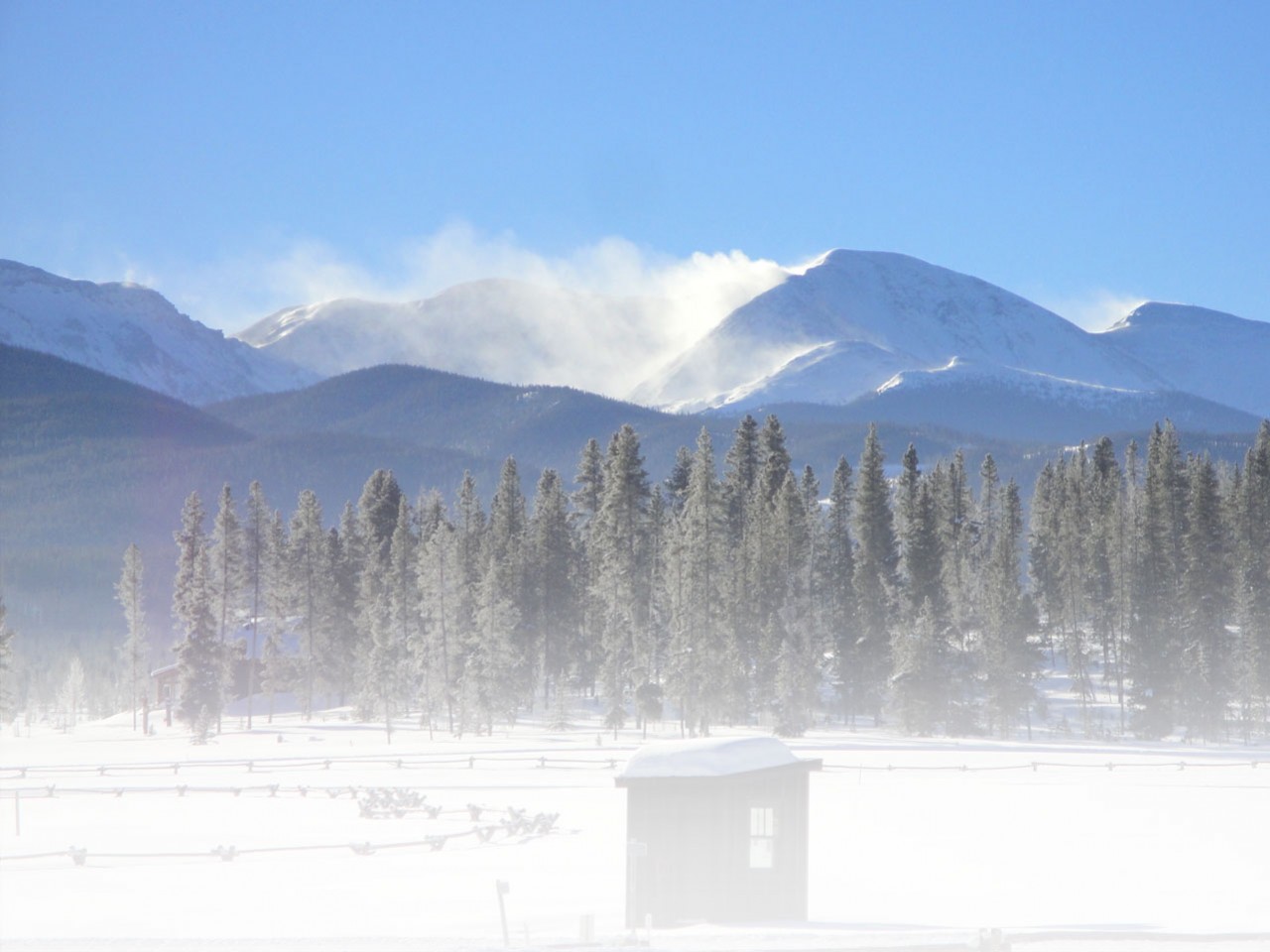If a hiker acts negligently and requires a search and rescue, who foots the bill of that search and rescue? Currently, there are eight states with search and rescue billing laws on the books; that is, if you are outdoors recreationally and need to be rescued, the state can charge you for the cost of that search and rescue (S&R) mission.
While these laws are usually not enforced on hundreds of annual S&R missions, each mission averages about $2,000 each. The cost of a helicopter search alone could be as much as $6,500 per hour.
 A small portion of these missions involve people who are deemed responsible for their predicament. They avoided posted warnings or were unprepared or had inadequate gear for their outings. These S&R missions help people who are hiking, mountain biking, horseback riding, backpacking, off-road vehicle riding, snowmobiling, cross-country skiing, or snowshoeing. The National Park Service and Coast Guard do not charge for search and rescue missions…the tax payers cover the costs incurred by those Federal agencies.
A small portion of these missions involve people who are deemed responsible for their predicament. They avoided posted warnings or were unprepared or had inadequate gear for their outings. These S&R missions help people who are hiking, mountain biking, horseback riding, backpacking, off-road vehicle riding, snowmobiling, cross-country skiing, or snowshoeing. The National Park Service and Coast Guard do not charge for search and rescue missions…the tax payers cover the costs incurred by those Federal agencies.
New Hampshire Fish & Game Department spends a range of $350 to $1,000 per rescue for people who are having problems or are injured while in the outdoors pursuing some kind of recreation. Since the Department has kept records, there have been 957 search and rescue missions at an estimated cost of $1.8 million.
The problem is that there is little budget for these missions. In New Hampshire, funding for S&R comes from boating registrations, OHRV (off-road vehicles) registration fees, and sportsmen (hunting and fishing) licenses. The majority of missions in New Hampshire seem to involve hikers, so the Hike Safe Card has been developed (state law RSA 206:26 bb) as an additional way to raise funds. The card would exempt a person from liability to the Department for the reasonable cost of a search and rescue response that was due to a person’s negligence.
The Hike Safe Card is similar to Colorado’s Search & Rescue Card, which was established in 1987 as a source of funding for S&R efforts. The state created a fund and an advisory council and set a fee for the Colorado card at $3 per year or $12 for 5 years. This program has been deemed a successful way of underwriting the S&R efforts in Colorado.
The New Hampshire Hike Safe Card is voluntary, available online and will go into effect on January 1, 2015. The cost of the card is $25 per year for an individual and $35 for a family. Outdoorspeople with valid hunting or fishing licenses are already covered for S&R missions that are due to negligence.
 New Hampshire’s Fish & Game Department said that the projected revenue from the Hike Safe Card is undetermined, but $2,000 has been earmarked for publicity. The card will also be available where hunting and fishing licenses can be acquired.
New Hampshire’s Fish & Game Department said that the projected revenue from the Hike Safe Card is undetermined, but $2,000 has been earmarked for publicity. The card will also be available where hunting and fishing licenses can be acquired.
It should be noted that people in the outdoors who require help, but are not deemed responsible for their situation, are not asked or required to pay for search and rescue efforts. The Fish & Game Department in New Hampshire has an annual budget of $200,000 for S&R missions. The department staff and politicians will be watching sales of the card and costs of search and rescue missions particularly closely in the coming year.
For more information about the Hike Safe program, visit http://hikesafe.com.

![[Archive] Snowshoe Magazine - The snowshoeing experience for snowshoers around the world: snowshoe racing, snowshoes, gear reviews, events, recreation, first-timers.](https://archive.snowshoemag.com/wp-content/themes/snowshoemag2011/images/snowshoemagazine_logo.png)
Follow us for the latest news!